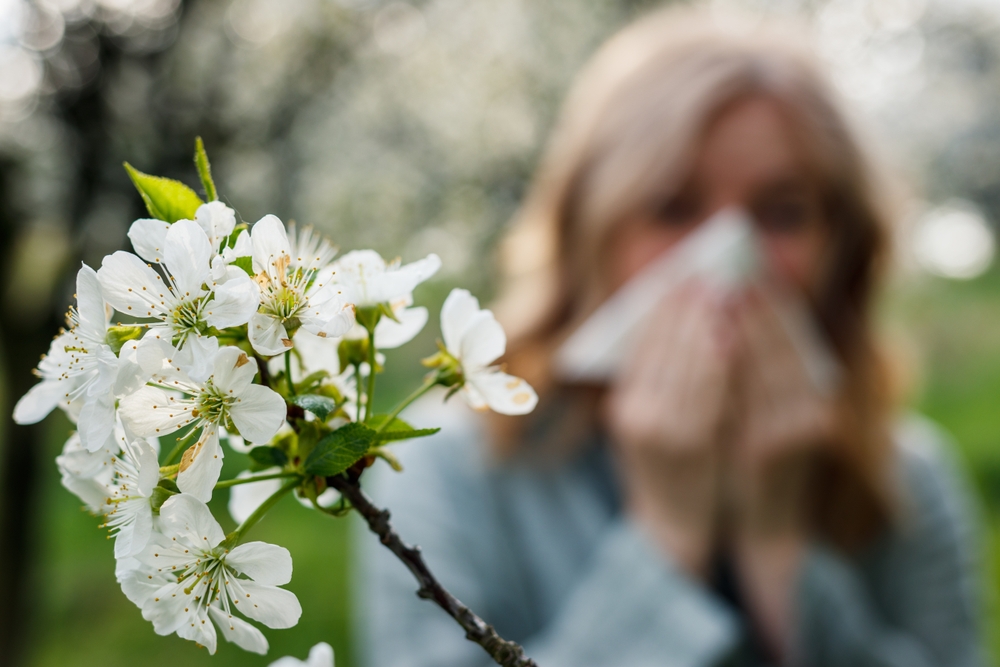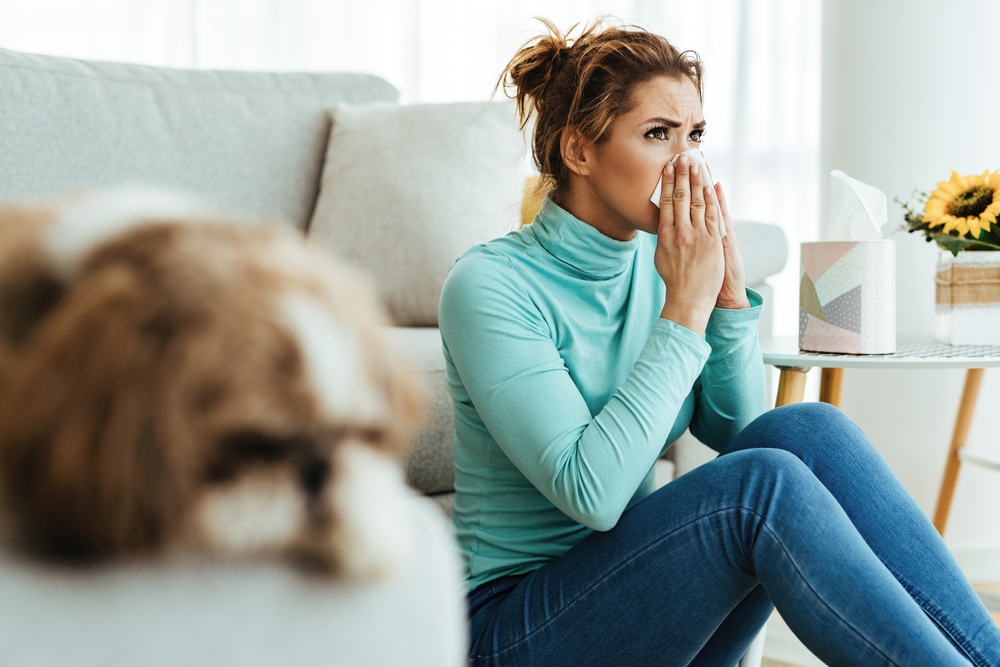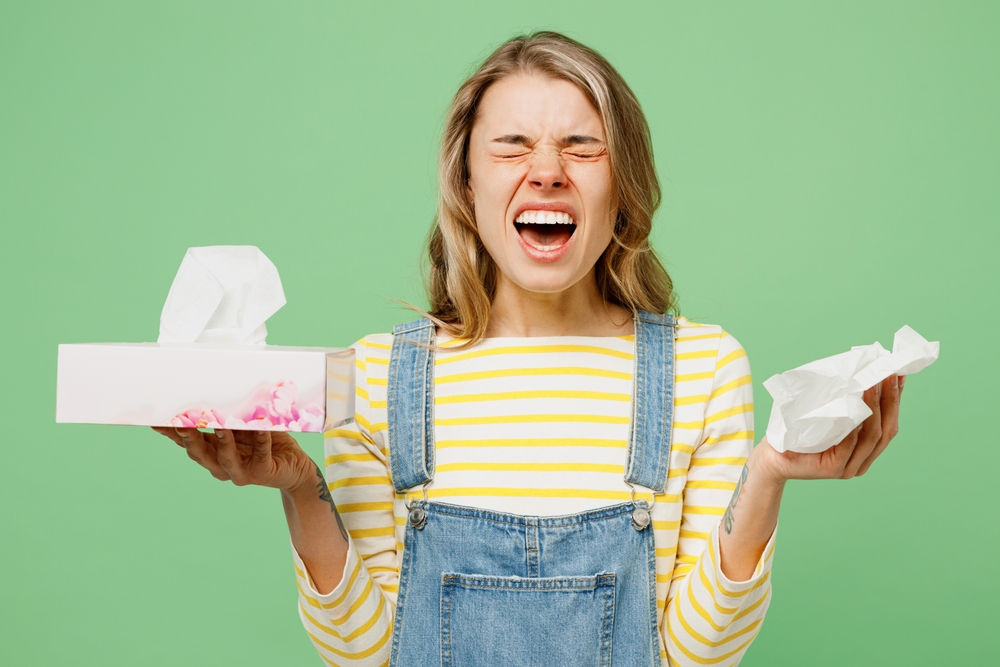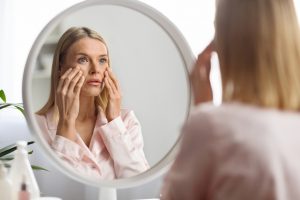The joys of spring are in full swing, but unfortunately for hay fever sufferers, grass pollen season is here. In fact, research from Benenden Health has found that more than one in four Brits suffer from hay fever. And as most people’s symptoms worsen during grass pollen season, Benenden Health has found that searches for ‘how to stop hay fever’ have surged by +433% in the last three months in the UK alone.
But with so many Brits suffering each year, there are still several common misconceptions around hay fever.
To help, the experts at Benenden Health have debunked three common hay fever myths to help people better understand their allergies and how to relieve their symptoms.

Myth 1: Hay fever only develops in childhood
While the symptoms of hay fever do typically crop up during childhood, there’s no age limit on when an allergic reaction to pollen can start.
This is because the immune system is ever evolving and changing, as it can be impacted by aspects such as environmental factors, hormone changes, and illnesses. Moreover, the body can place markers against an allergen many times before it actually shows a physical reaction.
Interestingly, new research from Benenden Health found that among adults, it is those aged 35-54 that are most likely to suffer with hay fever.
If you do suspect that you are experiencing hay fever symptoms for the first time, it is recommended to speak to your local GP about suitable treatments or go to the chemist for over-the-counter relief.
Myth 2: Honey can cure hay fever
There is a common misconception that honey is good for curing hay fever because it can be used to micro-dose pollen into your immune system. The thought is that if you eat a spoonful of honey each day, then over time your body would be less sensitive to pollen as a result.
However, the pollen in store-bought honey is minimal and there is no scientific evidence of its effectiveness when used in this way.
Nevertheless, honey is still a good home remedy for hay fever sufferers, as it can help sooth a sore throat and ease congestion.
Other effective home remedies and tips for treating hay fever include shutting the windows and doors of your living space, changing clothes and showering upon returning home to remove pollen remnants, and breathing in a bowl of steam to clear blocked nasal passages.

Myth 3: You cannot take hay fever tablets when pregnant
The combination of itchy eyes, a sore throat, and a runny nose are uncomfortable for any hay fever sufferer, especially if they are pregnant too.
While it is true that certain antihistamines are not suitable for pregnant or breastfeeding people to take, you can still find safe hay fever relief with the following:
– Nasal sprays
– Eye drops
There are also certain antihistamines that are recommended as safe, so it is essential to get advice from a primary care clinician, pharmacist or midwife first on which treatments to try.
So, there you have it, three common misconceptions about hay fever debunked. For more information about treating hay fever, check out 5 top home remedies for hay fever.





